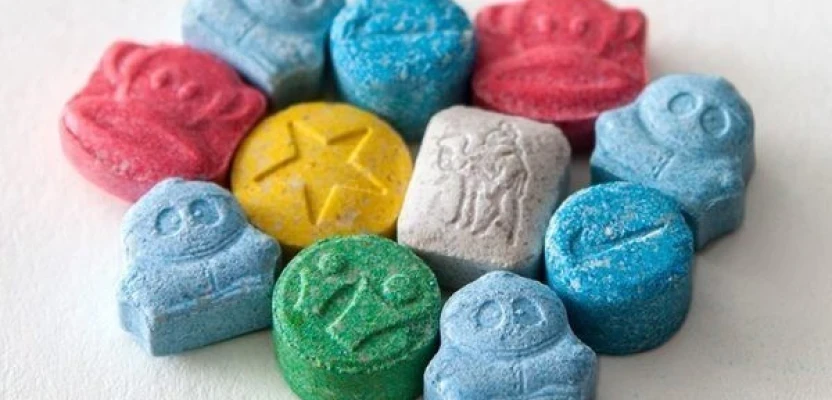
Australia does the unthinkable, greenlighting the use of MDMA and Magic Mushrooms to combat mental health conditions, becoming the first nation in the world to do so.
Psychiatrists can now utilize MDMA, the party drug ecstasy, to treat individuals experiencing post-traumatic stress disorder (PTSD) in Australia. It has prompted the US, Canada, and Israel to conduct clinical trials of their own.
Additionally, psilocybin, a compound in magic mushrooms, has shown promise in treating certain forms of depression. Recent developments will allow doctors to use this substance to treat unreceptive patients who cannot handle other forms of therapy.
This new treatment has been available since July 1 and has already gained momentum amongst psychiatrists. Although the initial availability and affordability of these drugs will be restricted, this decision is being celebrated as a pivotal moment by numerous experts and patients.
However, it is essential to note that major health organizations have also emphasized caution in implementing these procedures.
We can trace this groundbreaking decision back to February when Australia's Therapeutic Goods Administration conducted several trials that led to the reclassification of MDMA. The tests showed that the drug could be quite safe if used in medically controlled scenarios.
This move will likely create eye-opening developments in mental health treatments, especially in cases where other procedures have failed, says supporters of the new policy.
However, some claim the decision was made without considering the possibilities of negative effects, which many patients are bound to have. Experts predict that the influence of such drugs might give patients a "bad trip," in other words, an uncomfortable or distressing experience.
Mike Musker, a suicide prevention and mental health researcher from the University of South Australia, confirms that the two drugs can help treat PTSD and depression. Musker claims that MDMA allows patients to connect more freely with therapists and be open to discussing personal negative experiences. He adds that psilocybin enables patients to undergo a spiritual effect, which can not be achieved via conventional treatment.
The belief is that such drugs can make patients feel entirely different about themselves and, in many cases, even inspire the will to live.
MDMA and Magic Mushrooms have hallucinogenic effects that boost the user's sensory abilities. It can also increase energy levels while warping the overall sense of time. But not all of this can translate into a positive experience, as both drugs are known to be incompatible with many people.
There is also the question of widespread use, leading to eventual addiction. However, Musker rebuts these claims stating that the treatment does not involve merely taking a pill and going away. He adds that the MDMA treatments would incorporate at least three eight-hour sessions lasting up to eight weeks. What's more, all of this will be done under the direct supervision of therapists.
Regarding "bad trips," Musker explains that these are situations when the patient re-visits their past trauma. Therefore, caution should definitely be exercised. Overall, he acknowledges that this is not a miracle cure, hinting that such newfound procedures, like conventional ones, only work after great consistency.
Testimonials from patients portray the use of MDMA and psilocybin as overwhelmingly positive. At least that's what Marjane Beaugeois says, a woman who was diagnosed with severe depression back in 2017. She claimed anti-depressants put her in a 'zombie-like' state, making it impossible for her to feel better.
Although Marjane was skeptical regarding psilocybin clinics, she confirmed that the treatment made her reconnect with the world and feel "warm and fuzzy." She adds that she could finally smile again and feel immense joy after undergoing three sessions. Several other patients have undergone the same positive experience as Marjane.
But it's not all rainbows and sunshine, as critics voice concern over the sheer amount of expenses involved with such treatments. A single course may cost up to Aus$ 1,000 or more, making it financially unviable for most people. In total, the entire procedure could cost the patient tens of thousands of dollars over a few months.
As several other countries undergo trials for the same procedures, the ground-level reality and actual effectiveness of the treatments are yet to be seen. It's important to note that Switzerland, Israel, and Canada allow psychedelics for compassionate use. Similarly, Costa Rica and Jamaica also allow psychedelic clinics to legally treat patients. Although both these cases are via local regulators and different from the nationwide greenlighting that has taken place in Australia.
The response to Australia's open-minded approach has been mostly positive so far, but only time can tell how viable these options are. As of now, the world will closely watch how the country deals with clinical prescriptions and the price tags that come with both drugs.





Comments 0